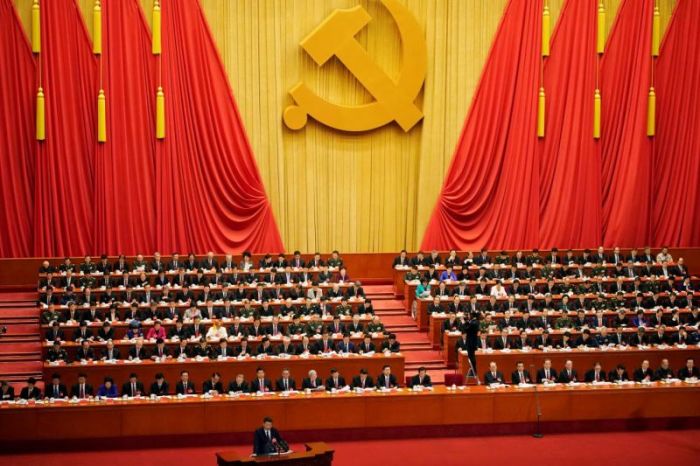
China has instituted numerous regulations prohibiting religious content online, including teaching Bible lessons to children and forming youth groups.
Based on prior laws and regulations, the articles released by the National Religious Affairs Administration significantly restrict faith content online, religious rights magazine Bitter Winter reported.
“This is not the first time China has tightened its grip on religious life, but it may be one of the most technologically invasive,” the group reported. “In the age of digital ministry, where sermons stream and prayers ping, the regulation feels like a deliberate attempt to unplug the sacred from the social.”
In a translation of the regulations by Bitter Winter, Article 5 states that clergy can only preach or provide religious education and online training through registered religious organizations’ websites, applications, forums and platforms that have an “Internet Religious Information Services License.”
“Personal social media accounts, livestreams, WeChat groups or informal forums are strictly off-limits for religious instruction,” the online magazine noted. “Self-promotion is banned, and clergy may not use religious identity to attract followers or traffic. Foreign entanglements are forbidden: no supporting or participating in ‘overseas religious infiltration.’”
Article 10 also forbids clergy from spreading religious ideas to minors or “inducing beliefs” in them through the internet and bans organizing children to participate in religious education, training and camps.
“Clergy may not evangelize to underage users or organize youth religious camps or training,” Bitter Winter reported. “Commercialization is a no-go. There should be no fundraising, selling religious merchandise, or monetizing religious activities online. AI evangelism is also off the table. Clergy may not use generative AI to produce or disseminate religious content.”
Violators may face administrative penalties, including suspension of religious credentials, closure of online accounts and criminal investigation, Bitter Winter noted.
“Platforms hosting non-compliant content may be ordered to restrict, warn or shut down offending accounts,” it stated.
Christian Daily International provides biblical, factual and personal news, stories and perspectives from every region, focusing on religious freedom, holistic mission and other issues relevant for the global Church today.















